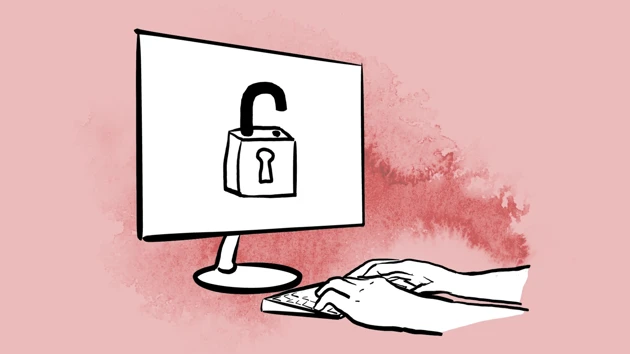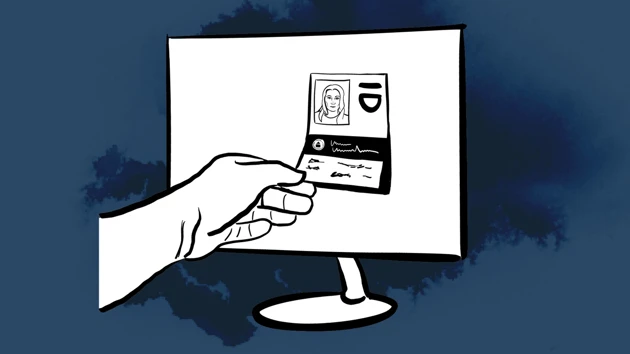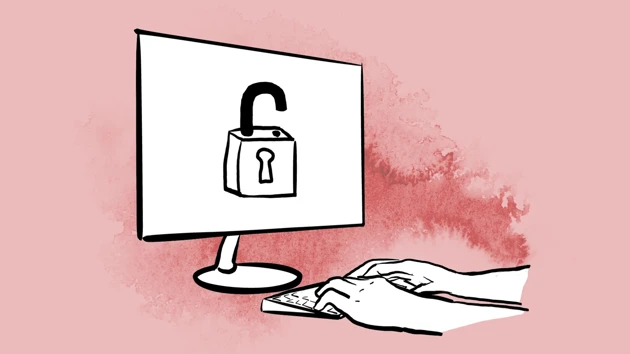Use the brochure for research collaborations
Share the brochure Research collaboration with Umeå University with your collaboration partner so they understand the legal requirements for collaborations.
Secrecy and confidentiality can often be transferred to Swedish authorities
Public authorities are defined here as organisations covered by the Public Access to Information and Secrecy Act, such as higher education institutions, regional health authorities and municipalities.
Checklist for sharing research data with another Swedish public authority
Before sharing research data with Swedish authorities, you need to:
- check to see if Umeå University is receiving the data from another Swedish authority or public organisation and determine whether the disclosing authority has transferred data secrecy to Umeå University;
- conduct a secrecy examination; and
- inform the recipient of any transferred secrecy as per Chapter 11, Section 3 of the Public Access to Information and Secrecy Act (2009:400).
If the research data contain personal data, you will also need:
- to assess which personal data are necessary to share; and
- contact the university-wide research data support team if the research project parties have a joint personal data responsibility that needs to be documented.
Document the considerations made when sharing data, for example, in the research project’s data management plan.
If the information is subject to secrecy to protect the personal or financial circumstances of individuals, according to Section 7 of the Public Access to Information and Secrecy Ordinance, or Chapter 24, Section 8 of the Public Access to Information and Secrecy Act, you can use the template for simplified secrecy examination to document the sharing.
Secrecy examinations
The secrecy protection that covers the data after sharing is crucial for the secrecy examination when sharing research data classified as secret with another Swedish authority. Many authorities have secrecy provisions that they must apply to such information, known as primary secrecy.
If the recipient lacks primary secrecy for the information, Umeå University can transfer the secrecy to the recipient if the sharing is for research purposes. Transfer of secrecy is done so with support of Chapter 11, Section 3 of the Public Access to Information and Secrecy Act.
Read more about secrecy examination on the secrecy for research data pages
If the recipient has their own primary secrecy or if Umeå University can transfer secrecy with support of Chapter 11, Section 3 of the Public Access to Information and Secrecy Act, it is considered rare that this would cause injury or harm to an individual if the information was released.
Sharing is not possible if the recipient does not have a primary secrecy provision and it is not possible to transfer secrecy or sever the link between the data and the person or persons protected by secrecy.
Inform the recipient about transferred secrecy
If research data are shared with transferred secrecy, the recipient should be informed that secrecy has been transferred and which provision in the Public Access to Information and Secrecy Act the recipient is to apply. You can inform the recipient by submitting a copy of your secrecy examination using the simplified secrecy examination template, if applicable, or by contacting the research data support team, which will assist you in developing information materials.
Read more about transferred secrecy on the secrecy for research data pages
Agreements regulating sharing of research data
The Legal and Information Management Office does not recommend signing agreements with other Swedish higher education institutions, other public authorities, municipalities or regional health authorities on how shared research data will be processed, as this is covered by laws regarding public access to information and archiving obligations. Biobank samples are not public documents and thus are not covered by this guide or position regarding agreements.
Read more about sharing different types of research data

Sharing information classified as secret
How to share research data with information classified as secret.

Sharing data that include personal data
How to share research data containing personal data.

Sharing data in ethically approved research
Collaborations and sharing research data in ethically approved research.

Research collaboration agreements
Agreements, rights to research results and certificate templates.
Do you have questions about research data?
The University has a cross-functional support team for research data management, which includes areas such as archiving, legal affairs, IT support, open data, and information security. You can contact the research data support team through the following form:


